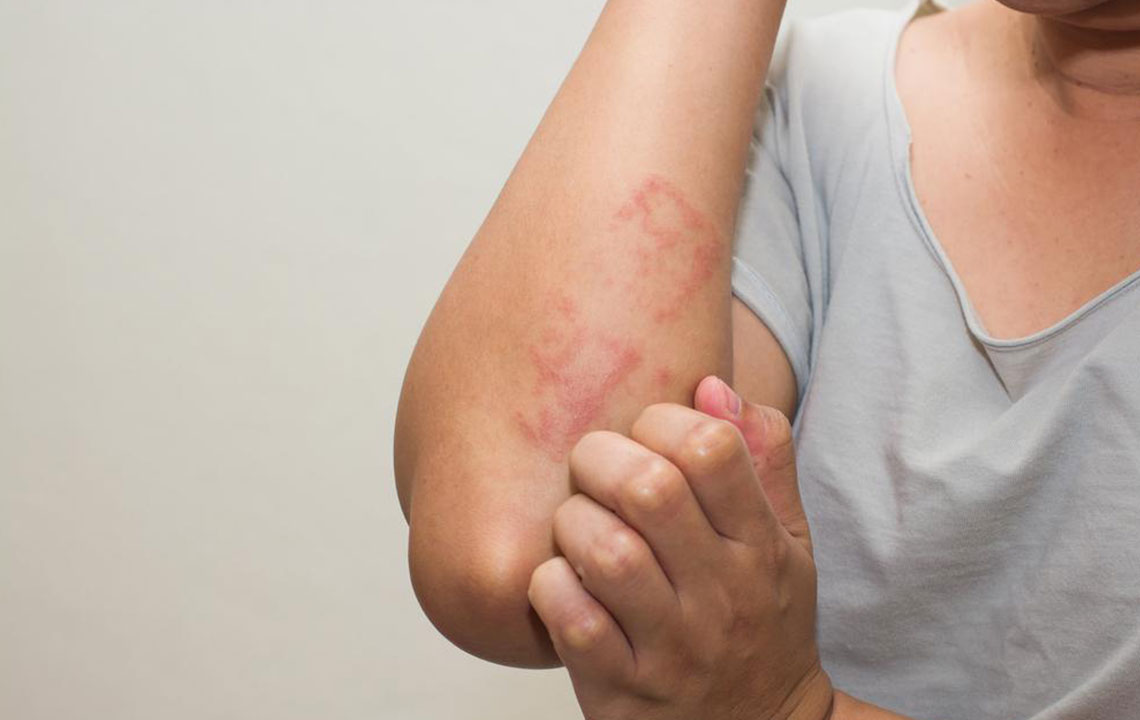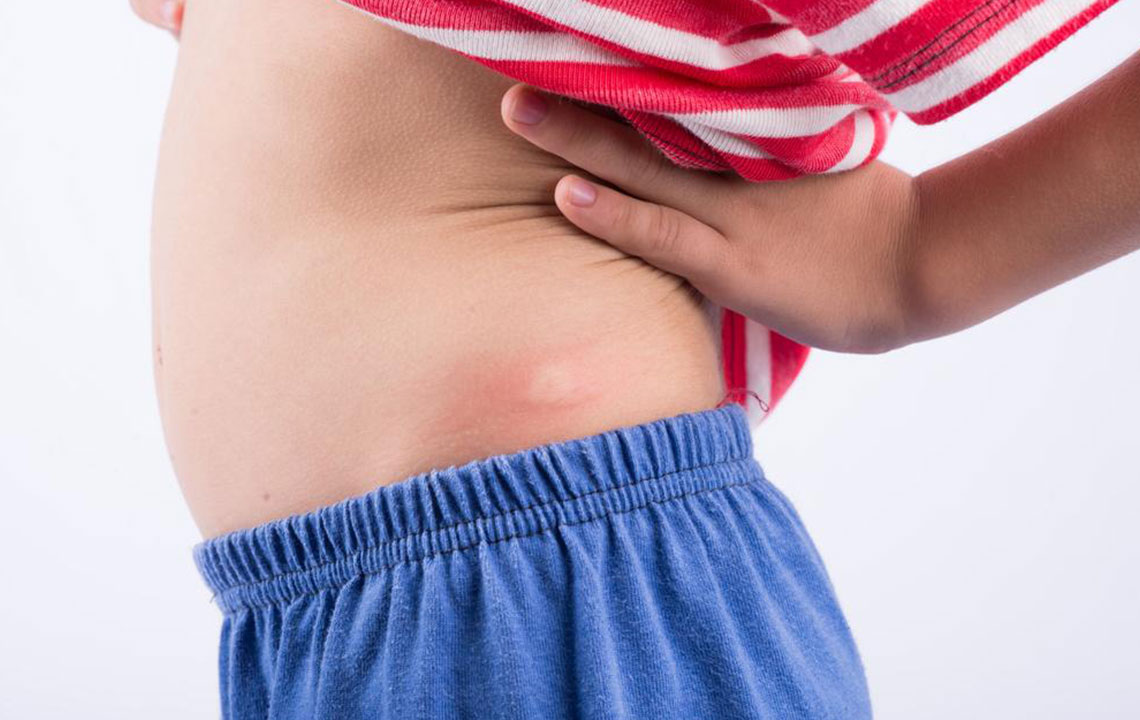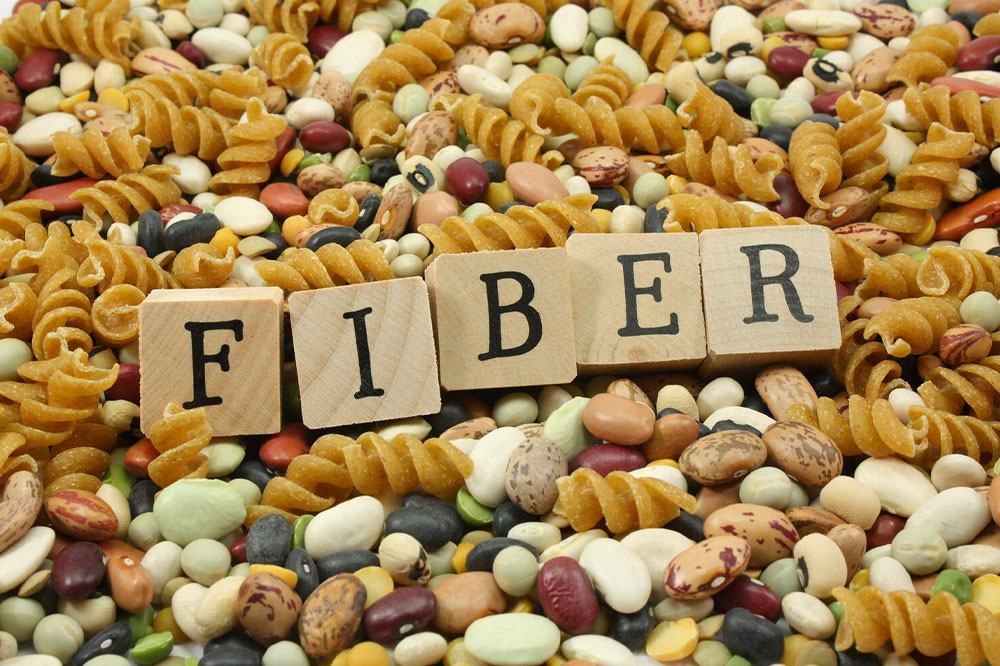Comprehensive Nutritional Guide to Alleviate and Manage Shingles Symptoms
This comprehensive guide discusses effective nutritional strategies for managing shingles symptoms, emphasizing immune-boosting nutrients, foods to avoid, and additional remedies to accelerate recovery and reduce discomfort. Proper diet and hydration are key to minimizing severity and supporting nerve and skin healing during shingles outbreaks.

Comprehensive Nutritional Guide to Alleviate and Manage Shingles Symptoms
Shingles, medically known as herpes zoster, manifests as painful, often itchy skin rashes that can significantly affect quality of life. This condition arises from the reactivation of the dormant varicella-zoster virus, which resides in nerve tissues after a person has had chickenpox. While antiviral medications are commonly prescribed for shingles, lifestyle and dietary adjustments can play a vital role in managing the symptoms, promoting faster recovery, and minimizing nerve damage. Proper nutrition, immune support, and avoiding certain foods are crucial strategies in fighting the viral outbreak and supporting skin and nerve healing.
Understanding the importance of diet in shingles management can empower patients to make better choices during the course of the illness. Incorporating immune-boosting nutrients into your daily intake can not only accelerate healing but also decrease the severity and duration of symptoms. Conversely, consuming foods that may exacerbate inflammation or delay healing should be avoided to ensure a smoother, quicker recovery process.
This comprehensive guide explores essential nutrients, foods to include or avoid, additional supportive remedies, and lifestyle tips for effectively managing shingles symptoms through targeted nutrition and holistic care.
Key Nutrients for Supporting Shingles Recovery
Optimizing your diet with specific vitamins and minerals can help bolster your immune system, repair damaged tissues, and calm nerve-related pain. Here are the most critical nutrients and their sources:
Vitamin A — Known for its vital role in maintaining healthy skin and supporting tissue repair, Vitamin A accelerates the healing of rashes and damaged skin. Rich sources include carrots, sweet potatoes, spinach, and liver. Ensuring adequate intake can speed up recovery and improve skin resilience.
Vitamin B12 — A key player in nerve health, Vitamin B12 helps preserve nerve function and prevents nerve damage commonly associated with shingles. Good sources include sardines, eggs, lamb, beef, and dairy products like cottage cheese. Maintaining optimal B12 levels is crucial during nerve recovery phases.
Vitamin C — This potent antioxidant plays a significant role in enhancing immune responses and acts as a natural antiviral agent. Consuming foods like oranges, kiwis, strawberries, bell peppers, and broccoli can help fight the virus effectively during active infection and support tissue repair during recovery.
Vitamin E — Known for its antioxidant properties, Vitamin E promotes skin healing and nerve protection. Applying Vitamin E oil topically can soothe burning sensations and reduce scarring, while dietary sources such as nuts, seeds, and vegetable oils further support healing and nerve health. It also alleviates pain associated with postherpetic neuralgia, a common complication of shingles.
Allicin — Found abundantly in garlic and onions, Allicin exerts natural antiviral effects that can help inhibit the varicella-zoster virus. Including these in your diet can help reduce the severity of outbreaks and support immune defense.
Supplementing for Better Outcomes
In addition to a nutrient-rich diet, certain supplements can enhance the body's ability to combat shingles. For instance, Vitamin C supplements (ranging from 1000 to 4000 mg daily, divided into 3-4 doses) can help strengthen immune function and decrease viral replication. Always consult a healthcare provider before starting new supplements to determine appropriate dosages and avoid interactions.
Foods to Avoid During Shingles Outbreaks
Dietary choices play a pivotal role in either facilitating healing or hindering it. Certain foods can exacerbate inflammation, promote viral growth, or impair immune function. Limiting or avoiding the following foods can support your recovery:
Caffeine — Present in coffee, chocolates, and certain soft drinks, caffeine can dehydrate the body, impair skin hydration, and affect the body's ability to eliminate the virus effectively.
Aerated beverages — These drinks increase acidity in the body, which can promote viral activity and inflammation. They replace healthful hydration and are best avoided during recovery.
Deep-fried foods — High in unhealthy fats, these foods promote acidity and slow down the healing process by triggering inflammatory responses.
Sugar — Excessive sugar intake impairs immune cell function as high glucose levels interfere with vitamin C activity, weakening defense mechanisms against the virus.
Arginine-rich foods — Nuts, seeds, and other foods high in the amino acid arginine can potentially facilitate the multiplication of the herpes virus. Limiting these foods during active outbreaks can help control symptom severity.
Hydration and Additional Therapeutic Tips
Staying well-hydrated is fundamental in managing shingles. Drinking water every 2-3 hours helps flush out toxins, supports skin health, and aids the immune system in fighting off the virus. Incorporate herbal teas and water-rich fruits for added hydration and soothing effects.
Additional supportive approaches can alleviate discomfort and improve healing:
Cool baths and compresses — Regularly cleansing the rash with cool water or applying damp, cold compresses can provide immediate relief from itching, burning, and pain. This also reduces inflammation and prevents secondary infections.
Topical healing lotions — Non-irritant creams or ointments enriched with soothing ingredients like calamine or aloe vera can help ease symptoms and prevent scratching, which could lead to scarring or secondary infections.
Pain Management and When to Seek Medical Help
Controlling pain associated with shingles, especially postherpetic neuralgia, is vital to prevent nerve damage and improve quality of life. Over-the-counter medications such as acetaminophen (Tylenol) or non-steroidal anti-inflammatory drugs like ibuprofen can offer relief. However, persistent or severe pain warrants prompt consultation with a healthcare professional who may prescribe antiviral drugs, corticosteroids, or nerve blocks if necessary.
In conclusion, a strategic combination of targeted nutrition, proper hydration, and supportive therapies can significantly enhance shingles management, shorten the duration of symptoms, and reduce complications. Always consult healthcare providers for personalized treatment plans and dietary advice tailored to your health status.




